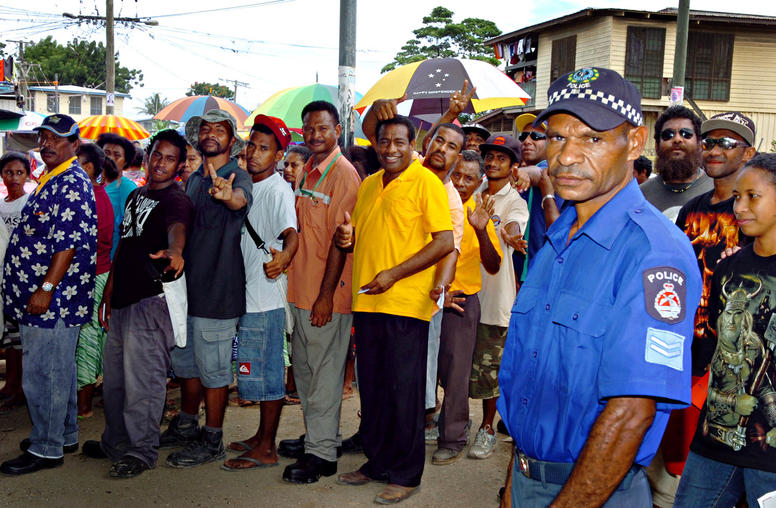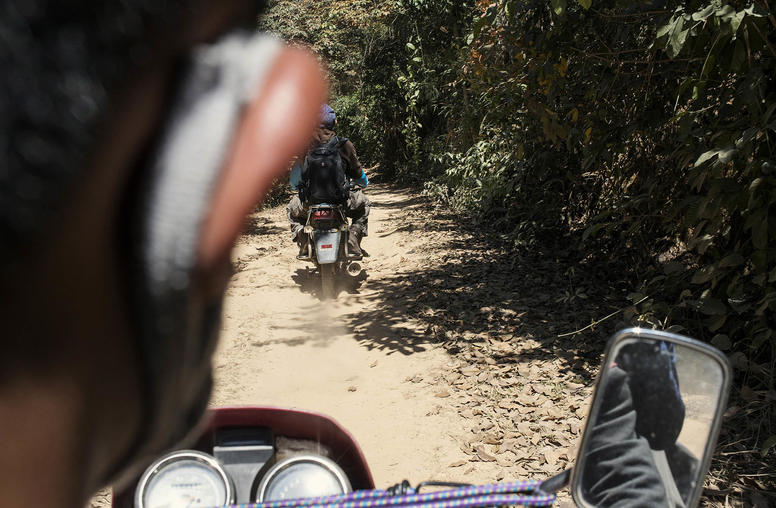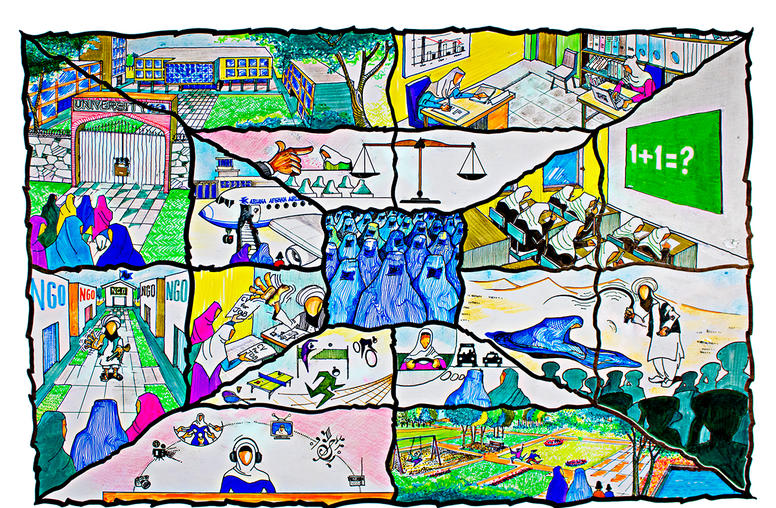Revising the Global Standards for Treatment of Prisoners
60-Year-Old International Guidelines updated as New 'Mandela Rules'
As the United Nations this year completes the first major revision of the 60-year-old international rules for the treatment of prisoners, USIP and the State Department hosted a forum July 17 to discuss the revised code. Campaigners for humane treatment of prisoners, from the ACLU and other groups, joined Principal Deputy Assistant Secretary of State Luis Arreaga in examining the new “Mandela Rules,” named for former South African President Nelson Mandela, who spent 27 years imprisoned under harsh conditions.

The U.N. Standard Minimum Rules for the Treatment of Prisoners (SMRs), first drafted in 1955, are outdated, and U.N. member states have spent five years negotiating significant updates to the code that were unanimously approved in May by the U.N. Crime Commission. The new rules include greater restrictions on the use of solitary confinement and physical restraints for prisoners, and new standards for health care, and the treatment of women and of disabled prisoners. The rules are to be submitted for approval to the U.N. General Assembly this fall.
At the USIP forum, panelists discussed the significance of updating the SMRs and their experiences during the negotiation process. They also examined how best to ensure implementation of the new rules, which represent guidelines rather than a legally binding instrument for member states. Panelists answered questions from the audience. Continue the conversation on Twitter with #MandelaRules.
Speakers
- David Fathi
Director of National Prison Project, American Civil Liberties Union (ACLU) - Marc Linning
Coordinator of Protection Activities, International Committee of the Red Cross (ICRC) - Patt Prugh
Attorney Adviser, U.S. Department of State - Fiona Mangan, Moderator
Senior Program Officer, U.S. Institute of Peace - Ambassador Luis Arreaga, Closing Remarks
Principal Deputy Assistant Secretary, Bureau of International Narcotics and Law Enforcement Affairs, U.S. Department of State



